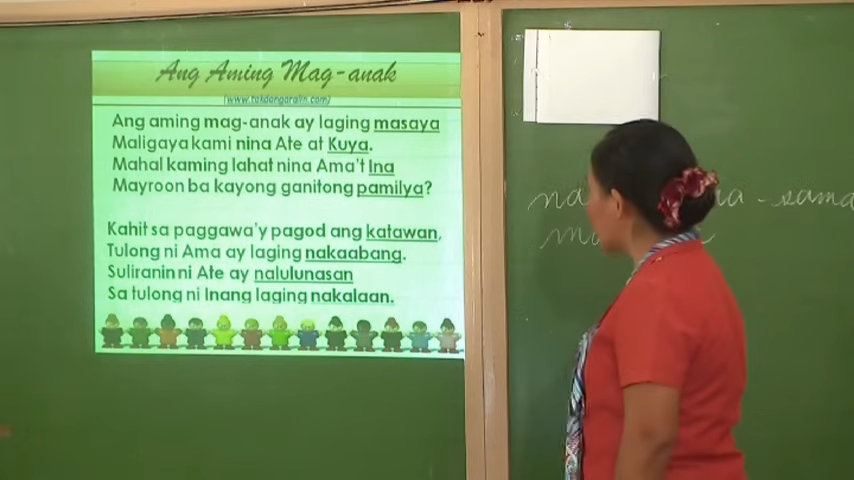Physical Address
304 North Cardinal St.
Dorchester Center, MA 02124
Physical Address
304 North Cardinal St.
Dorchester Center, MA 02124

Addressing students’ poor literacy remains a significant challenge for the education sector in the Philippines. According to the World Bank’s 2022 data on learning poverty, approximately 90% of Filipino children aged ten struggle to read or understand simple text. This alarming statistic underscores the urgent need for effective interventions to improve student literacy rates.
One of the Department of Education’s (DepEd) initiatives to tackle this issue is implementing “Catch Up Fridays,” a weekly program to enhance students’ reading comprehension skills. Under this program, teachers must dedicate half the day to various activities, including reading clubs and read-aloud sessions. While such efforts are commendable, they also highlight the critical role of teachers in fostering literacy development among students.
However, ensuring the success of programs like “Catch Up Fridays” hinges on teachers’ quality of reading instruction. Despite their best efforts, not all teachers possess the necessary skills and competencies to teach reading effectively. According to Portia Padilla, a UP College of Education faculty member, some teachers lack basic reading skills, such as phonics and syllable recognition, leading to ineffective instruction and poor student outcomes.
Numerous studies have underscored the need for continuous teacher training in reading instruction. For example, a Cardno Emerging Markets 2017 study found that many teachers who underwent DepEd’s reading program in the Bangsamoro region scored below 50% in reading comprehension, even after training. Similarly, an end-of-project review of a 2011 USAID education program revealed that only half of the English teachers assessed met the minimum proficiency level in reading comprehension and language structure.
Padilla emphasizes the importance of ongoing teacher training beyond short-term workshops to ensure sustained improvement in reading instruction quality. The DepEd’s National Reading Program, which targets non-readers and struggling readers, underscores the need for comprehensive teacher development initiatives to address the country’s literacy crisis effectively.
Despite the government’s efforts to promote reading instruction, challenges persist. Padilla points out that overcrowded classrooms, limited access to quality reading materials, and overloaded teachers exacerbate the literacy crisis. Additionally, perennial problems such as classroom and learning resource shortages hinder teachers’ ability to deliver effective instruction.
Addressing the Philippines’ literacy crisis requires a collaborative effort involving educators, policymakers, and communities. While initiatives like “Catch Up Fridays” are a step in the right direction, sustained improvements in literacy rates necessitate comprehensive teacher training, adequate resources, and systemic reforms. Ultimately, it is only through collective action that the country can effectively address its literacy challenges and ensure a brighter future for its students.